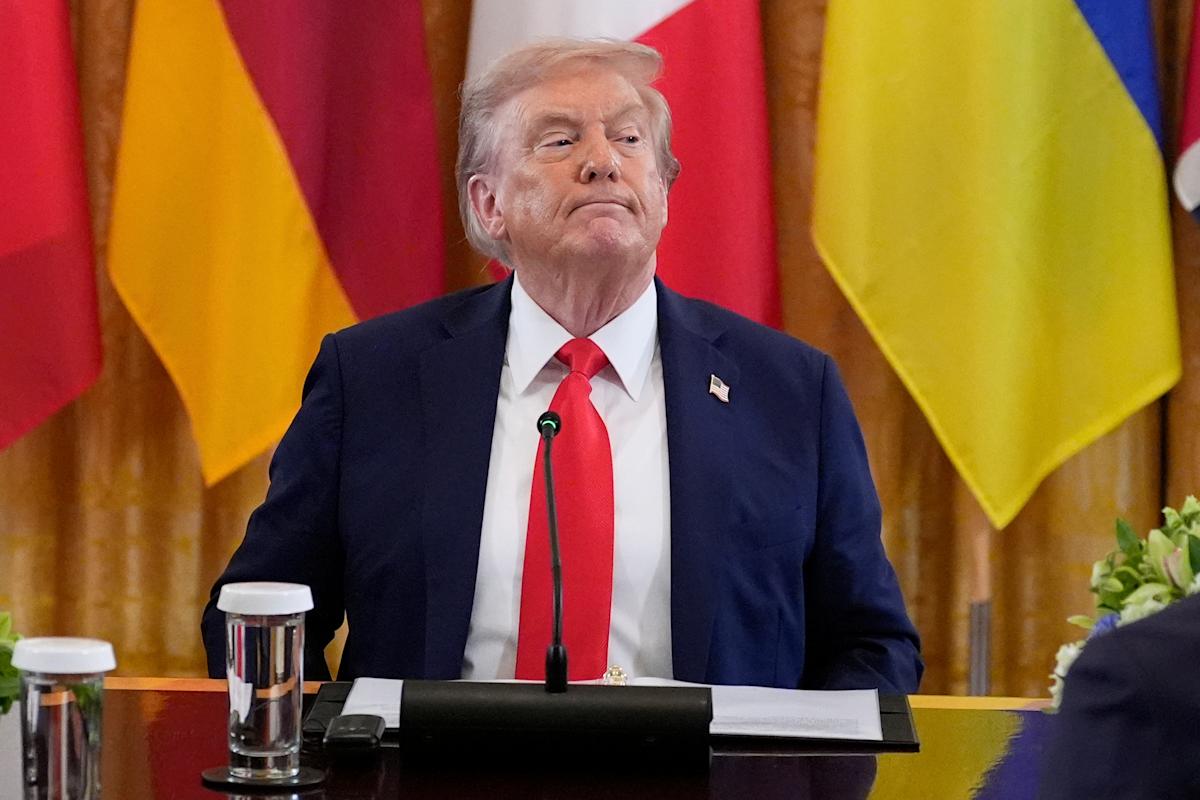The Trump administration is hunting for state laws that drag down the US economy. But axing statutes it sees as problematic will depend on how it wields the Constitution’s powerful Commerce Clause.
Last Friday, the Justice Department and the National Economic Council announced a joint initiative to “address” state statutes that “significantly and adversely affect the national economy.” State regulations, policies, causes of action, and practices were also included as targets.
The plan is meant to support the White House’s deregulation agenda, which President Trump described in a series of separate executive orders issued in January, February, and April. Those orders emphasize the administration’s goal of alleviating policies that it views as “unnecessary burdens” on Americans, small businesses, private enterprise, and entrepreneurship.
In an unusual twist, the agencies also solicited help from US citizens, asking members of the public to point out economy-slowing state laws and to propose legal theories that could reverse the laws’ adverse effects.
“They’re crowdsourcing their legal theories,” said Emily Berman, a constitutional scholar with the University of Houston Law Center.
Crowdsourcing the law: President Trump in the White House on Monday. (AP Photo/Alex Brandon) · ASSOCIATED PRESS
However, the plan stopped short of explaining what theories the administration would rely on to undo suspected harmful state laws.
Jeremy Rovinsky, a federal prosecutor who teaches constitutional law at Crestpoint University, said the language used in the DOJ’s plan to attack state laws shows that the Trump administration has the Commerce Clause in mind.
“It’s clear that Trump’s lawyers are thinking through it this way,” Rovinsky said. “The Supreme Court has allowed the federal government to regulate state power in an almost unlimited way.”
But the Commerce Clause doesn’t guarantee the administration power to alter state law. The provision vests power to regulate commerce in Congress, not in the executive branch.
A more straightforward type of challenge, the lawyer said, is one where state law directly conflicts with federal statutes. In those cases, the Justice Department could raise preemption challenges under the Constitution’s Supremacy Clause. Preemption challenges argue that a state rule essentially steps on the federal government’s toes, Berman said.
Absent such a clear-cut conflict, the administration would need more legal leverage to countermand state law. That leverage could come from the Commerce Clause, the constitutional scholar said, which empowers Congress to regulate interstate and foreign commerce.
